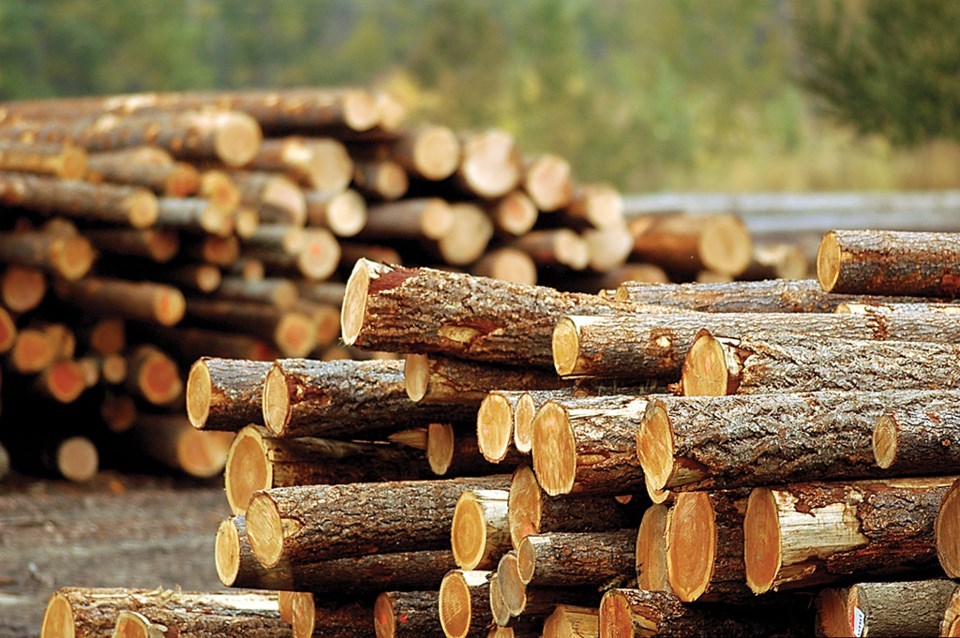A Conservation North webinar planned for Monday will look at the effects of salvage logging on wildlife, communities and the climate.
The session, Gaming The Ecosystem: The Truth About Salvage Logging, will feature a panel of five experts to talk about the issues. They include Dakelh strategic advisor Seraphine Munroe of the Maiyoo Keyoh Society, and Drs. Karen Price, Diana Six, Phil Burton and Dominick DellaSala.
It happens Monday at 7 p.m. Registration is required at https://zoom.us/webinar/register/WN_NU27SyBdTveh8lmMZFKCww#/registration
Salvage logging is the practice of industrially logging forests that have undergone fire or insect disturbances. It is usually done in primary (never-logged) forests. The B.C. government streamlined the process of salvage logging this spring, which has alarmed members of the public and groups concerned about watershed health and nature, states a press release.
“Salvage logging is a controversial practice and we are quite proud of having pulled together a panel of this calibre, all of whom have direct experience with and knowledge of the impacts of salvage logging primary forests," states Conservation North spokesperson Michelle Connolly.
The webinar will be hosted by the Interior Watershed Task Force, the Fraser Headwaters Alliance, Conservation North (all volunteer-based community groups) and Wildsight (an environmental non-governmental organization).
“We’re concerned about the effects the B.C. government’s new salvage logging program might have on biodiversity,” stated Eddie Petryshan of Wildsight.
Taryn Skalbania of the Interior Watershed Task Force added: “What is the risk to community drinking water of industrial-scale salvage logging? B.C needs to answer these questions before bringing in sweeping forest policies that will degrade primary forests further.”



